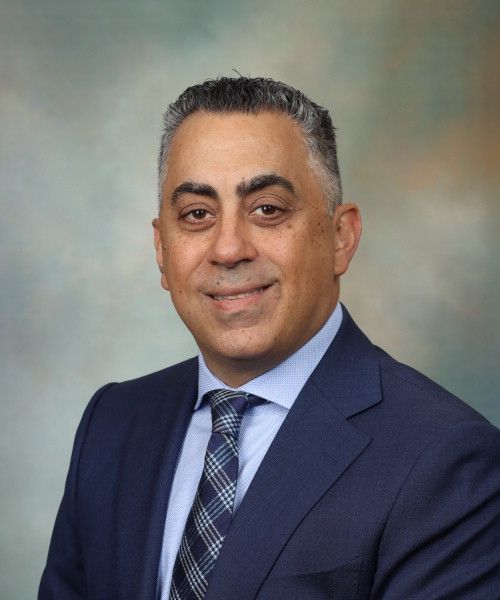
Tanios S. Bekaii-Saab, MD, Discusses Key Findings From a Genomic and Immune Profiling Study in Intrahepatic Cholangiocarcinoma

At ASCO 2021, Tanios S. Bekaii-Saab, MD, talked about some of his research in patients with IDH1/2–positive cholangiocarcinoma presented at the meeting.
At the 2021 American Society of Clinical Oncology (ASCO) Annual Meeting, CancerNetwork® spoke with Tanios S. Bekaii-Saab, MD, of Mayo Clinic, about key findings from a genomic and immune profiling study in patients with intrahepatic cholangiocarcinoma. Specifically, he examines the incidence of IDH1/2 mutations and key findings related to these genetic abnormalities.
Transcript:
What we essentially found in our study that [was] presented at ASCO was that close to 20% of patients will have IDH1 or IDH2 [mutations], [which] is very similar to [what] we expected. Two things about IDH1: It seems that IDH1/2 are mutually exclusive, and that is good to see, [as] drivers do not co-occur, at least [in terms of] the drivers that are targetable and can arrest development of the cancer. The other thing is, interestingly, if you have an IDH1 or an IDH2 mutation, you are less likely to find other targetable alterations. You will almost never find an FGFR2 fusion, for example.
Reference
Makawita S, Borad MJ, Carapeto F, et al. IDH1 and IDH2 driven intrahepatic cholangiocarcinoma (IHCC): a comprehensive genomic and immune profiling study. J Clin Oncol. 2021;39(suppl 15):4009. doi:10.1200/JCO.2021.39.15_suppl.4009
Newsletter
Stay up to date on recent advances in the multidisciplinary approach to cancer.



































